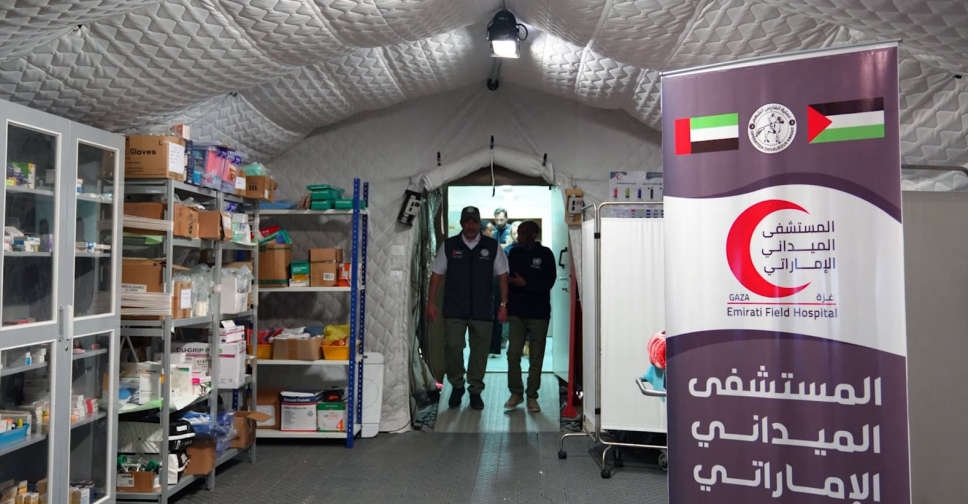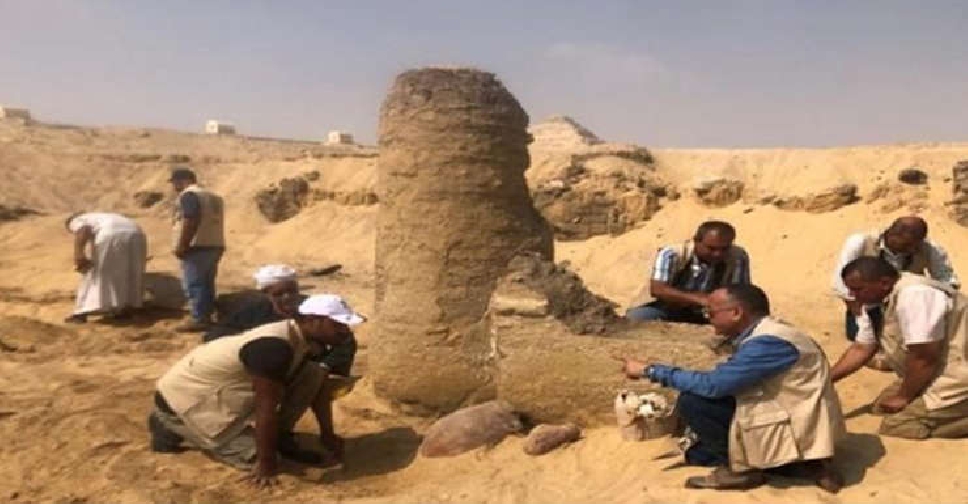
A team of Egyptian archaeologists have unearthed pots of white cheese 'Haram', dating back to the 26th dynasty (664–525 BC), in Cairo's Saqqara area.
Headed by Mostafa Waziri, Secretary-General of the Supreme Council of Egyptian Antiquities, the team found the pottery vessels inscribed with ancient Egyptian cuneiform script.
Waziri said that inside these pots a group of moulds of white cheese were found.
He said the ancient Egyptians called white cheese "Haram", which during Coptic times changed to the word "Halloum" and is now known as "Halloum cheese".
He said there is still another set of pots that haven't been examined, and the mission will open them during the next few months to find out what secrets they contain inside.
The Egyptian Ministry of Tourism and Antiquities says it's the sixth excavation season in the Saqqara area.
Through the past five excavations, they've succeeded in discovering the tomb of the priest of the Fifth Dynasty "Wahi"; seven rock tombs - including three tombs from the New Kingdom and four tombs from the Old Kingdom; and the facade of a tomb from the ancient state.
More than 1,000 amulets, dozens of wooden cat statues, cat mummies, wooden statues and other animal mummies have been unearthed.
In 2020, they revealed more than 100 closed wooden sarcophagi in their first condition from the late era inside burial wells, 40 statues of the god of the Saqqara cemetery, Ptah Suker with gilded parts, and 20 wooden boxes of the god Horus.
This discovery was classified as one of the 10 most important archaeological discoveries for 2020 and the most eye-catching, according to the American Archaeological Journal.


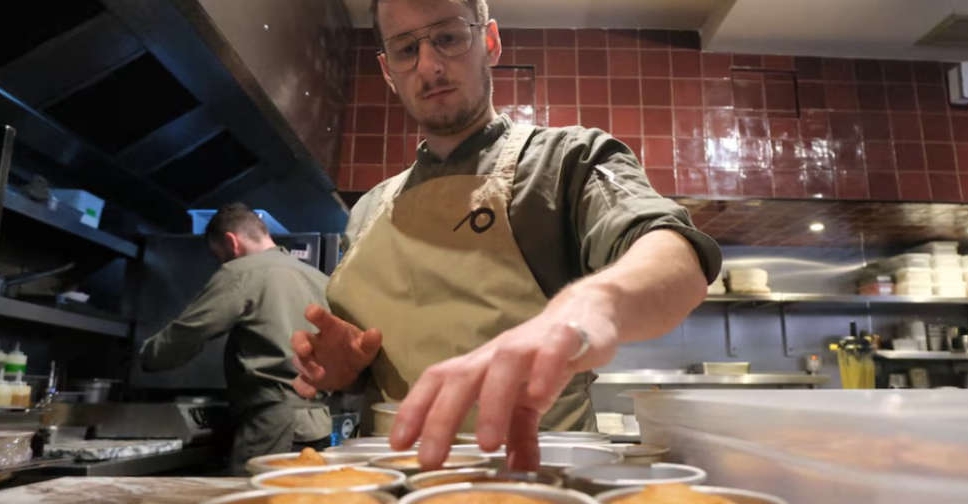 At Britain's first plant-based Michelin-star restaurant, most diners aren't vegan
At Britain's first plant-based Michelin-star restaurant, most diners aren't vegan
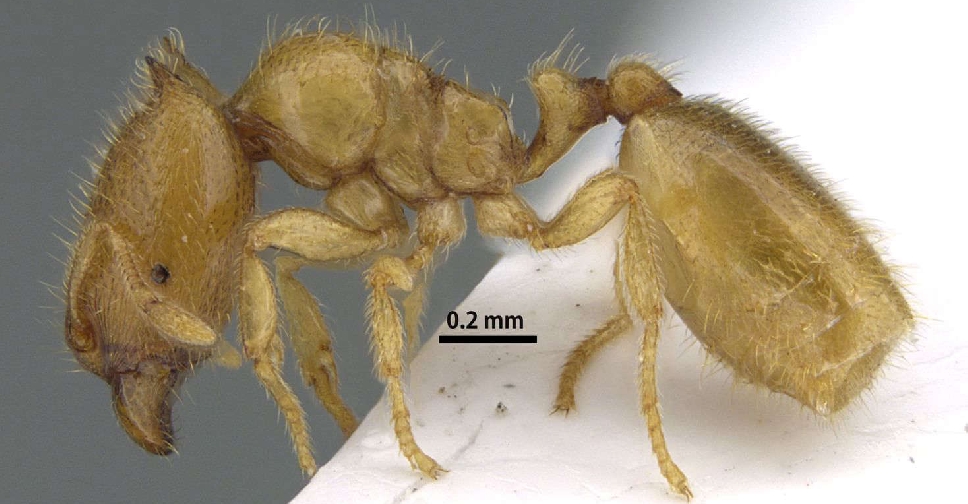 Rare ant species discovered in Sharjah's Wadi Shees
Rare ant species discovered in Sharjah's Wadi Shees
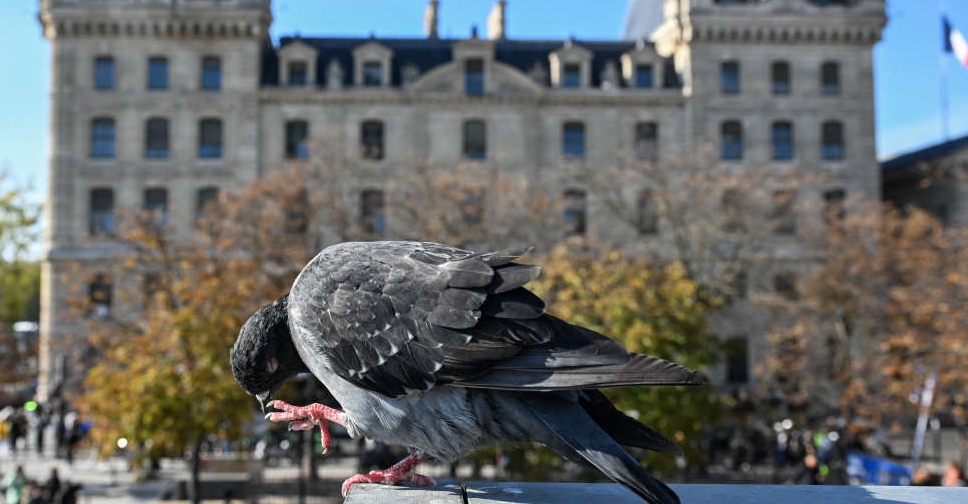 'No strings attached': Meet Paris' pigeon doctor
'No strings attached': Meet Paris' pigeon doctor
 'Mimmo' the dolphin delights Venice tourists, worries experts
'Mimmo' the dolphin delights Venice tourists, worries experts
 Frenchman finds $800,000 in gold bars and coins in his garden
Frenchman finds $800,000 in gold bars and coins in his garden



